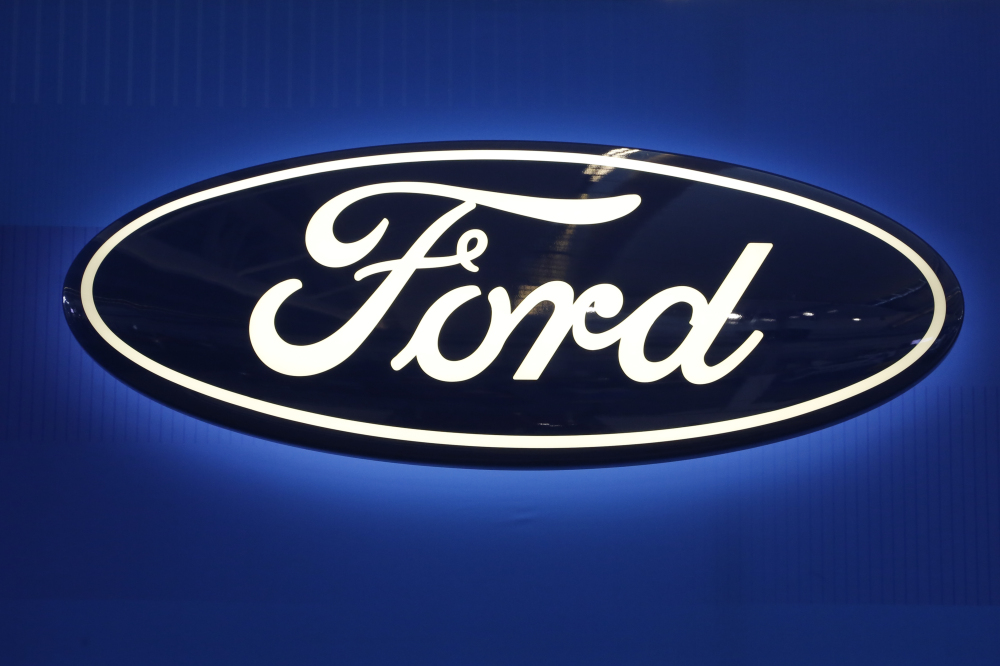SAN FRANCISCO — Ford Motor is spending $1 billion to take over a robotics startup to acquire more of the expertise needed to reach its ambitious goal of having a fully driverless vehicle on the road by 2021.
The big bet announced Friday comes just a few months after the Pittsburgh startup, Argo AI, was created by two alumni of Carnegie Mellon University’s robotics program, Bryan Salesky and Peter Rander.
Salesky formerly worked on self-driving cars at a high-profile project within Google – now known as Waymo – and Rander did the same kind of engineering at ride-hailing service Uber before the two men teamed up to launch Argo late last year. Argo had been considering whether to raise money from venture capitalists, the conventional fundraising channel for startups, before opting to become an independent subsidiary of Ford instead.
Ford is spreading its $1 billion investment over a five-year period.
The alliance between Argo and Ford aims to combine the spunk and dexterity of a technologically savvy startup with the financial muscle and manufacturing know-how of a major automaker.
The unusual deal marks the next step in Ford’s journey toward building a vehicle without a steering wheel or brake pad by 2021 – a vision that CEO Mark Fields laid out last summer.
The decision to turn to Argo for help is a tacit acknowledgement that Ford wouldn’t be able to pull it off on its own.
“This is likely a realization that Ford is behind relative to companies like GM, Audi, Volvo, Waymo and Uber, and is trying to catch up,” said Raj Rajkumar, a Carnegie Mellon computer engineering professor who leads the school’s autonomous vehicle research.
Send questions/comments to the editors.



Success. Please wait for the page to reload. If the page does not reload within 5 seconds, please refresh the page.
Enter your email and password to access comments.
Hi, to comment on stories you must . This profile is in addition to your subscription and website login.
Already have a commenting profile? .
Invalid username/password.
Please check your email to confirm and complete your registration.
Only subscribers are eligible to post comments. Please subscribe or login first for digital access. Here’s why.
Use the form below to reset your password. When you've submitted your account email, we will send an email with a reset code.